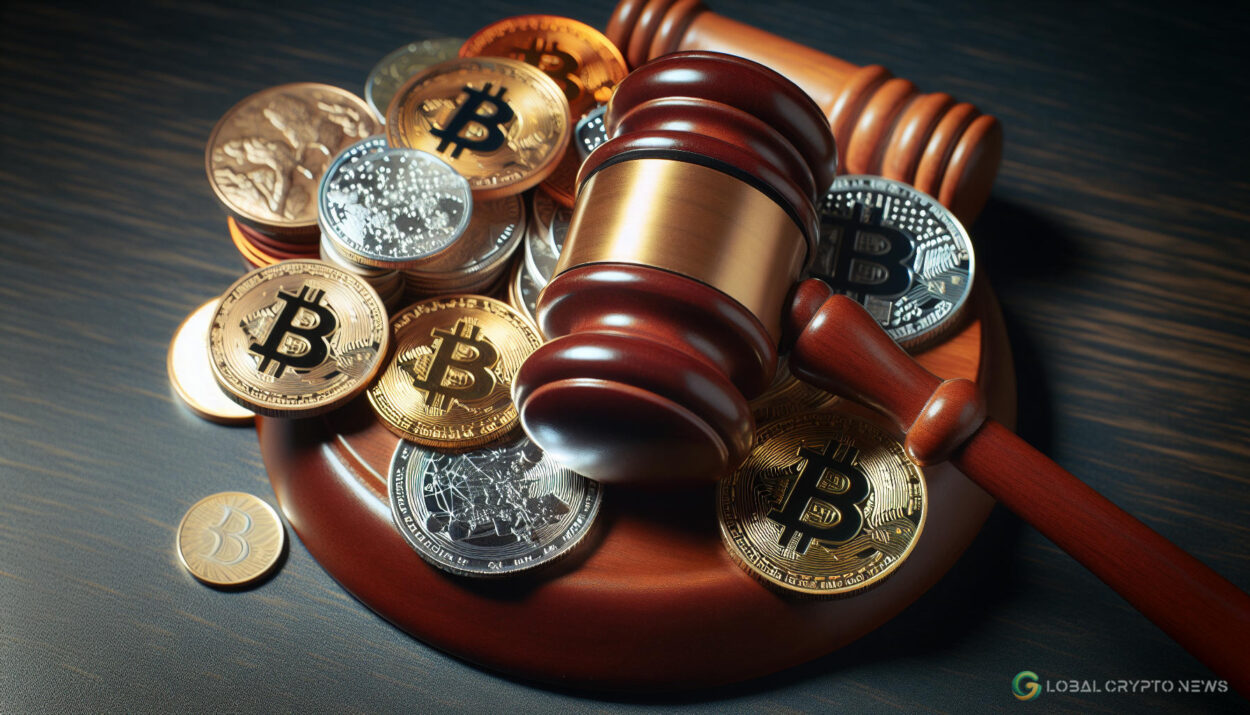The U.S. Securities and Exchange Commission (SEC) recently announced charges against the decentralized finance (DeFi) platform Rari Capital and its co-founders. The charges accuse them of misleading investors and acting as unregistered brokers.
Unregistered Investments and Misleading Claims
Rari Capital and its founders—Jai Bhavnani, Jack Lipstone, and David Lucid—allegedly conducted unregistered securities offerings through their platforms. The SEC claims that Rari Capital offered two main investment products: the Earn pools and the Fuse pools.
Both products allowed investors to deposit cryptocurrencies into lending pools to earn returns. While the Earn pools were managed by Rari Capital, the Fuse pools were user-created. Investors received tokens representing their interests in these pools and, in some cases, governance tokens called Rari Governance Token (RGT), allowing them to vote on platform decisions.
The SEC alleges that Rari Capital falsely claimed the Earn pools would automatically rebalance into the highest-earning crypto investments. In reality, this process often required manual intervention, which was sometimes neglected, causing investors to lose money. Additionally, Rari Capital is accused of promoting high returns without properly accounting for fees, leading many investors in the Earn pools to face losses.
Broader Implications for DeFi Regulation
Rari Capital’s troubles highlight how even DeFi platforms can fall under regulatory scrutiny. Although Rari presented itself as autonomous and decentralized, the SEC is treating it like any other financial entity offering investment products.
“We will not be deterred by someone labeling a product as ‘decentralized’ and ‘autonomous,’ but instead will look beyond the labels to the economic realities, as we did here, and hold the individuals behind crypto products and platforms accountable when they harm investors and violate the federal securities laws.”
Monique C. Winkler, Director of the SEC’s San Francisco Regional Office
As part of the settlement, Rari Capital and its founders have agreed to civil penalties, including bans on serving as officers or directors for five years. Rari Capital Infrastructure, which took over operations from Rari in 2022, also settled with the SEC over similar charges. Neither Rari nor its founders admitted to the allegations, but they consented to the SEC’s terms.
Stay informed with the latest in cryptocurrency and finance news.























